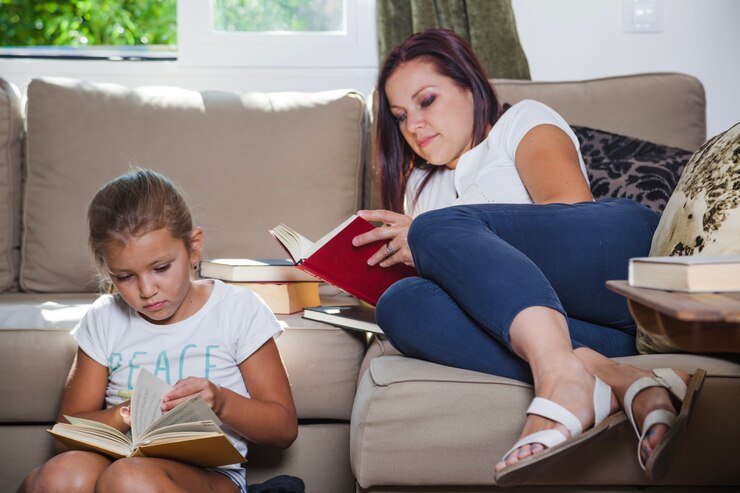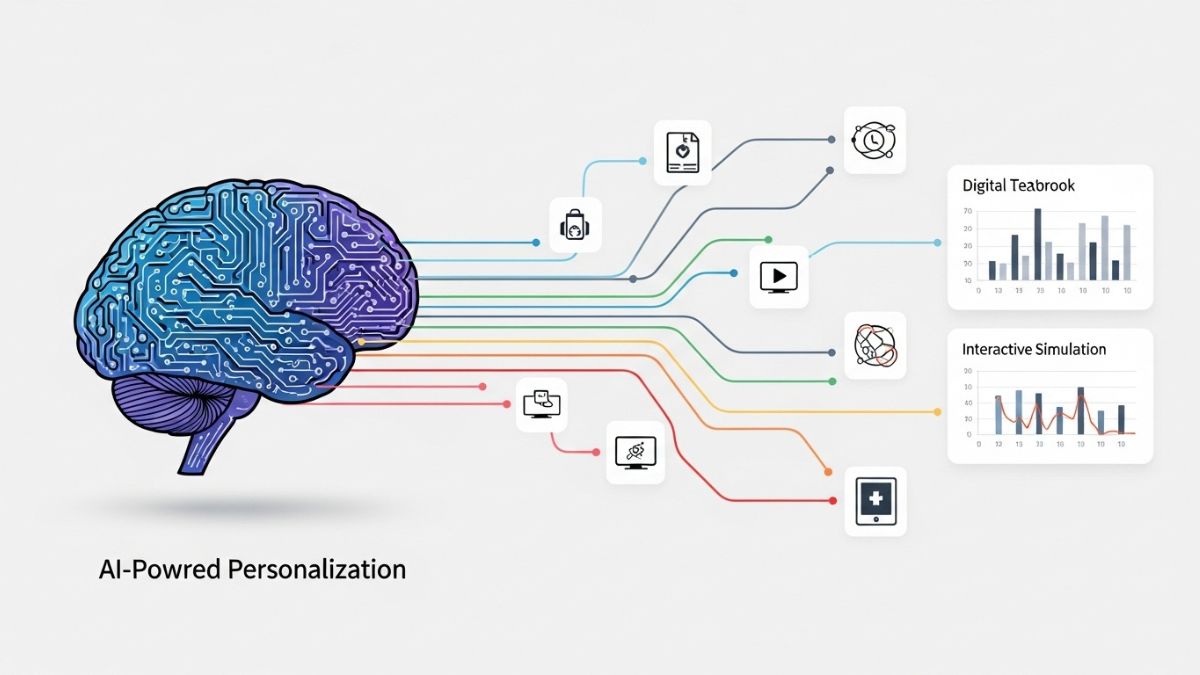Every new parent is excited about their child’s first steps, first words, and first smile. But how often do parents eagerly anticipate their child’s first book? If you’re wondering when you should start reading to your child, the answer might surprise you-much sooner than you probably imagined. In fact, experts agree that the earlier you introduce your little one to books, the better. Let’s dive deep into why early reading matters, how it shapes your child’s cognitive, emotional, and social growth, and how you can easily access resources-including free printable reading materials online-to start your journey today.
The Benefits of Reading Early: It Starts at Birth!
You might ask, “Does it really make sense to read to an infant who can’t yet understand words?” The answer is a resounding yes! Reading aloud from birth has numerous benefits, ranging from cognitive development to emotional bonding.
Language Development and Early Literacy Skills
Children are born ready to absorb language like sponges. Long before they speak their first words, babies start recognizing the patterns, rhythms, and sounds of language. When you read aloud-even to newborns-you expose them to the sounds of words, sentence structures, and vocabulary far richer than everyday speech.
In a groundbreaking study published by the American Academy of Pediatrics, researchers found that children regularly exposed to books from infancy enter school with significantly larger vocabularies and better language comprehension. They’re not just hearing sounds; they’re internalizing language structure and learning the fundamental building blocks of communication.
Strengthening Parent-Child Bonds
Reading to your child isn’t solely about language-it’s also about nurturing a close emotional connection. Infants associate the soothing, rhythmic sound of their parents’ voices with comfort, security, and affection. Creating a daily reading ritual establishes quality bonding time and fosters emotional trust. When reading becomes part of the daily routine, your child will associate books with positive feelings, making reading a lifelong habit.
Cognitive and Emotional Development: Beyond Words
Reading isn’t simply about linguistic advancement; it profoundly influences a child’s cognitive and emotional development.
Brain Development in Early Childhood
Babies’ brains develop at an astonishing rate-approximately one million new neural connections per second in their first few years. Stimulating these connections with reading fosters a neurological foundation critical to higher cognitive functions, such as problem-solving, memory, and analytical thinking. Studies have shown that young children frequently read to display increased brain activity in areas responsible for understanding narrative, visualization, and imagination.
Social-Emotional Skills and Empathy
Books offer children a safe avenue to explore emotions, empathy, and social interactions. Even very young children learn about facial expressions, body language, and emotional responses from picture books. Through stories, toddlers and preschoolers start to understand social cues, cooperation, and empathy-skills that form the bedrock of emotional intelligence.
For example, a simple story about sharing toys helps a toddler begin to understand empathy and cooperation. These experiences, shaped through books and storytelling, become important lessons that transfer directly into their daily lives.
How Early Exposure Makes Lifelong Readers
Creating a lifelong love of reading starts by planting seeds early. Here’s how you can turn early reading into a lasting habit:
Routine and Consistency
Establishing a daily routine is crucial. Whether it’s a bedtime story, an afternoon cuddle session, or reading during snack time, routine reading sessions help young children anticipate and look forward to storytime. Consistency reinforces reading as a comforting, positive experience and fosters a desire to explore books independently as they grow older.
Active Reading Practices
Active reading involves engaging your child during the reading experience, even before they can respond verbally. Asking rhetorical questions like, “Where is the bunny?” and pointing at pictures or words encourages visual tracking, attention skills, and cognitive interaction with the material. As children mature, these interactions will become more sophisticated, leading to deeper comprehension and critical thinking.
Early Literacy and Academic Success
Early reading habits aren’t just beneficial-they are foundational for academic success. Numerous studies emphasize that children introduced to books and stories early perform better academically throughout their educational careers.
School Readiness
Early literacy skills significantly affect kindergarten readiness. According to research from the National Institute for Literacy, reading aloud to young children is the single most effective tool for building language and literacy skills needed for school success. Children familiar with books, reading routines, and basic literacy concepts (like recognizing letters and sounds) enter school with confidence and excitement, greatly improving their educational outcomes.
Easy Access to Early Reading Materials: Free Printable Resources
If you’re convinced of the benefits but concerned about cost or accessibility-don’t worry. High-quality reading resources don’t have to be expensive or complicated. Numerous websites offer free printable reading materials designed specifically for young children. These materials range from simple picture books to alphabet flashcards and story prompts, perfect for nurturing early literacy.
Accessing these resources online makes it simple and affordable to begin early reading at home, creating a reading-rich environment without straining your budget.
Practical Tips: How to Start Today
Now that you understand the significance of early reading, here are simple, practical tips to start today:
- Keep it Simple: Babies respond to rhythm, rhyme, and repetition. Choose books with bold, simple images and repetitive language.
- Make it Fun and Interactive: Use different voices, sound effects, and facial expressions. Even newborns respond positively to the playful sounds of your voice.
- Incorporate Reading into Daily Routines: Reading doesn’t have to be a special event. Incorporate books during bath time, mealtimes, and bedtime to naturally integrate books into daily life.
- Let Your Child Guide You: Allow older babies and toddlers to choose their books-even if it means reading the same story repeatedly. Familiarity and repetition are key for learning at this stage.
Common Misconceptions About Early Reading
Many parents worry about pushing their child too soon, fearing that starting too early may make reading a stressful or unpleasant experience. However, experts agree that early reading should always be enjoyable, stress-free, and focused on bonding-not achievement or milestones. If your child seems uninterested, keep sessions short, playful, and relaxed. The goal is to foster curiosity, joy, and comfort around books.
The Bottom Line: It’s Never Too Early
When should you start reading to your child? Sooner than you think. The benefits of reading early are clear and deeply impactful. Early literacy promotes language acquisition, emotional intelligence, academic readiness, and cognitive development. By integrating reading into your child’s life from birth, you’re nurturing a skill that will serve them for a lifetime.
Remember, you don’t have to do it alone. Plenty of resources, including free printable reading materials, make early literacy easy and accessible. So why wait? Grab a book, download some materials, cuddle up, and start your child’s reading journey today. The greatest gift you give your child might just be turning them into a lifelong reader-one page at a time.















